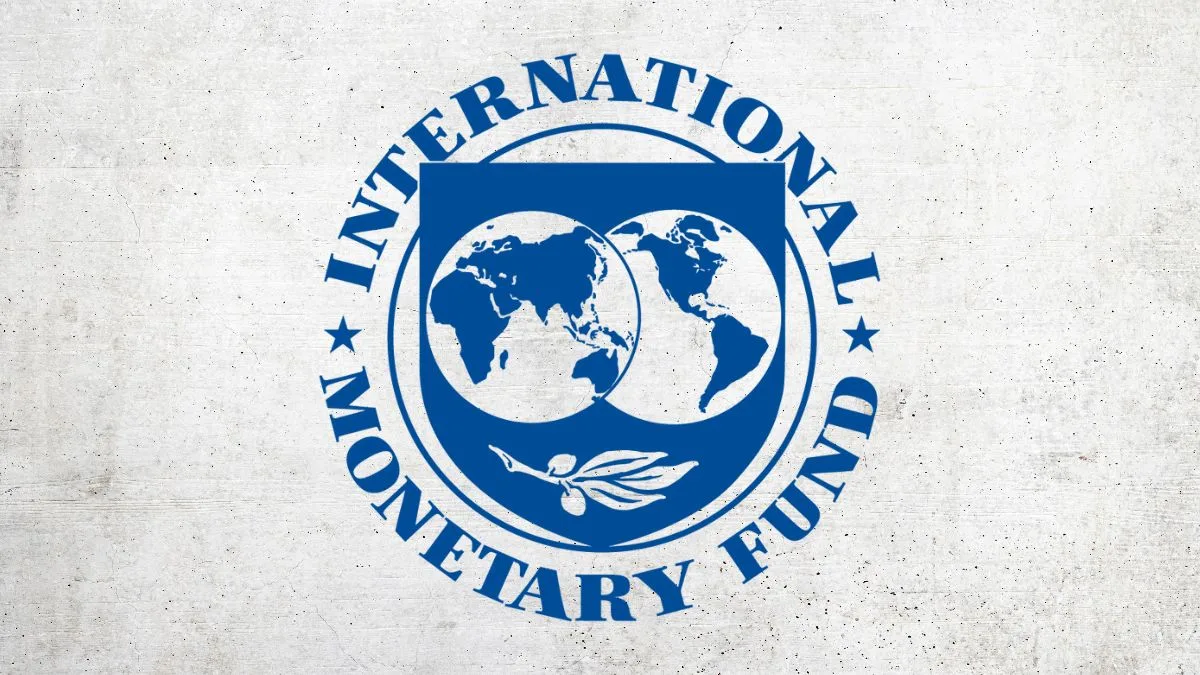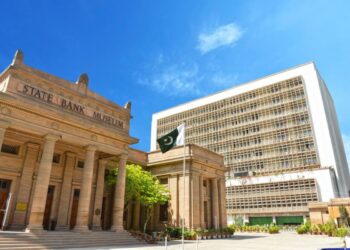The International Monetary Fund (IMF) has urged Pakistan to reduce the number of tax slabs for the salaried and business class from seven to four, as part of an effort to more than double tax collection from these groups. The recommendation, made during a recent two-week review of Pakistan’s tax policies, also includes increasing the existing reduced sales tax rates to a standard 18%, except for essential goods. The IMF has not yet officially presented its findings, but the visiting mission shared its recommendations with the government.

The proposed reduction in tax slabs from seven to four is met with reluctance, particularly from tax authorities, as it is expected to disproportionately impact the middle and upper middle-income groups. The current income tax rates for the salaried class range from 2.5% to 35%, depending on annual income. If the number of slabs is reduced, individuals in the lower and middle-income brackets will experience a significant increase in their tax rates.
The IMF’s recommendation clashes with the concerns of tax authorities, who argue that the salaried class is already burdened with heavy taxation. Additionally, the IMF has previously suggested increasing tax contributions from the agriculture and real estate sectors. The specific details of the recommendation, including potential changes to tax rates for various income levels, remain unclear pending the release of the IMF’s draft report.
The Federal Board of Revenue (FBR) collected Rs264 billion in income tax from the salaried class in the last fiscal year, with the majority coming from individuals earning between Rs200,000 and Rs300,000 per month. Deleting two to three tax slabs could lead to a sharp increase in tax rates for this income bracket.
Apart from personal income taxes, the IMF also recommended ending preferential sales tax rates under the 8th Schedule of the Sales Tax Act, resulting in a standard 18% rate for many goods. The FBR’s Expenditure Report indicates that the country lost Rs130 billion last year due to reduced sales tax rates. The IMF has projected a Rs11 trillion tax target for the next fiscal year, with a focus on collecting over Rs4.8 trillion through direct taxation. The proposed changes, if implemented, will likely impact various sectors and income groups, potentially sparking debates on the overall fairness and economic impact of the suggested tax reforms.


















